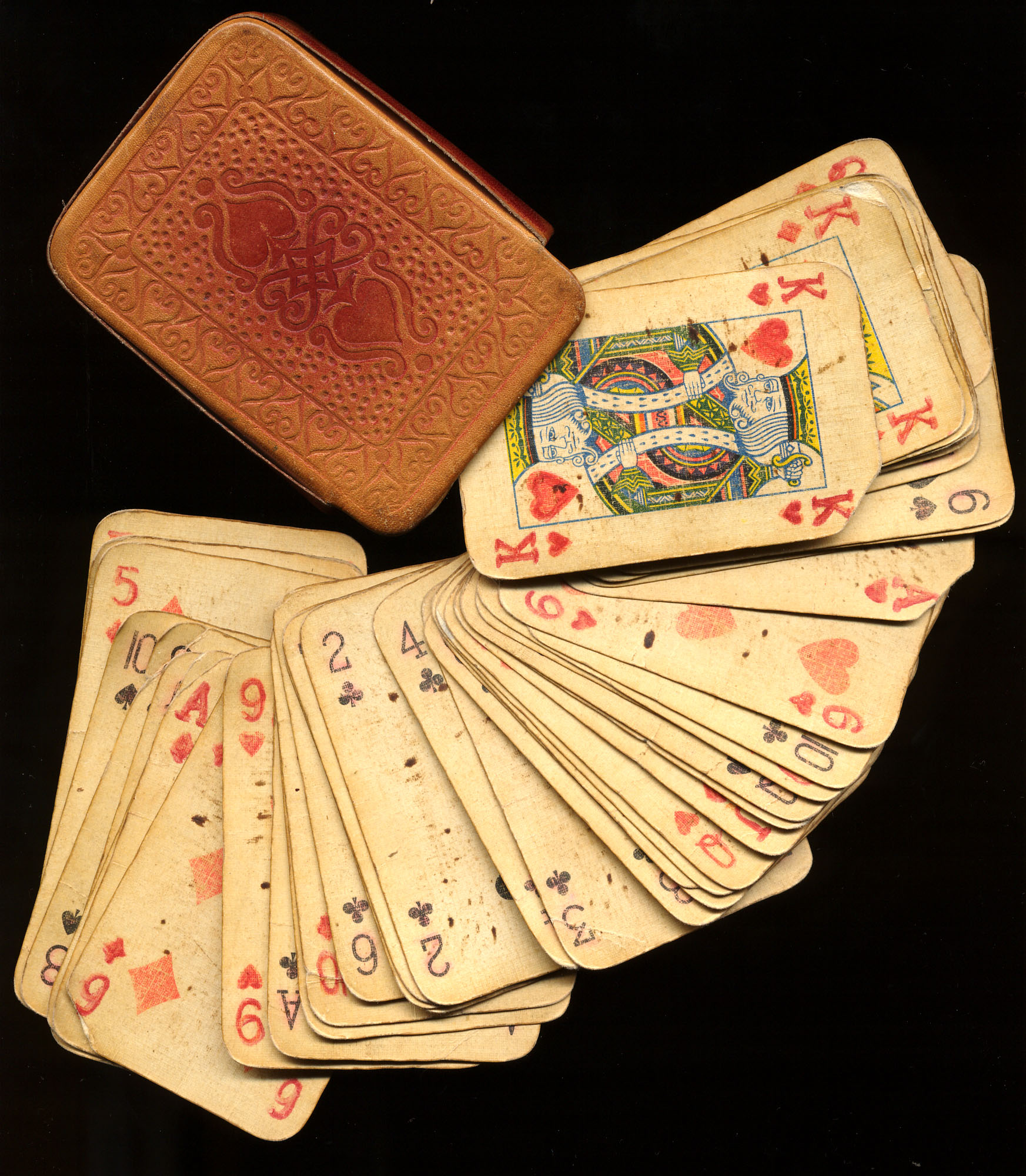Margarita Leeson
Entrada del blog por Margarita Leeson
 In Satta King, it’s easy to think that guessing more numbers will give you more chances to win. After all, more guesses = more coverage, right? Not quite.
In Satta King, it’s easy to think that guessing more numbers will give you more chances to win. After all, more guesses = more coverage, right? Not quite.
In reality, guess limiting — restricting the number of daily guesses — is one of the smartest, most effective habits a player can build. Whether you're just starting out or trying to get more consistent, this article explains why less is more and how to structure your game around fewer, higher-quality guesses.
Why Guess Limiting Works
Let’s start with the truth:
The number of guesses doesn’t increase your accuracy — the quality of each guess does.
When you place 5–10 guesses, you:
Spread your budget thin
Decrease focus on logic
Play emotionally, not strategically
Have a harder time tracking what worked
But when you limit to 1–3 guesses, you:
✅ Spend more time on each selection
✅ Use stronger logic
✅ Stay within budget
✅ Build discipline
The Illusion of Control
Many players feel "safer" when they guess more numbers. But this is an illusion. Unless your guesses are based on patterns, chart history, or logic — you’re just guessing more randomly, not better.
It’s like shooting arrows in the dark — more arrows doesn’t mean more accuracy.
Example: Quality vs. Quantity
Player A:
Guesses 6 numbers per day
Spends ₹60 per number = ₹360/day
Wins once in 6 days
Net: ₹1800 spent, ₹900 won = -₹900
Player B:
Guesses 2 numbers per day
Spends ₹75 per number = ₹150/day
Wins once in 8 days
Net: ₹1200 spent, ₹900 won = -₹300
Player B loses less and plays more strategically. Long-term, they’re more likely to win sustainably.
Step-by-Step: How to Limit Guesses
Step 1: Set Your Guess Cap
Decide how many numbers you’ll play per day. Recommended:
Beginners: 1–2 guesses/day
Intermediate players: Max 3/day
Experts with high logic: 2–4 (rarely)
Write it down and stick to it.
Step 2: Assign Each Guess a Purpose
Don’t just pick random numbers. Give each guess a logic tag:
Guess 1: Hot number (seen 3x this week)
Guess 2: Mirror of previous day’s result
Guess 3: Number due after 7-day gap
This structure keeps your guesses meaningful.
Step 3: Use a "Guess Journal"
Create a small notebook or Excel file:
Date Market Guess Logic Result Outcome
Jul 23 Gali 27 Hot Number 27 Win
Jul 24 Faridabad 39 Mirror 52 Miss
Tracking fewer guesses lets you analyze what’s working, faster.
How to Fight the Urge to Overguess
It’s common to feel:
"What if I just try one more?"
"This number feels lucky!"
"I don’t want to miss out!"
But remember:
More guesses ≠ higher chance — just higher cost
Winning players control their behavior, not chase feelings
Sticking to your limit is a win, even if the number misses
If your guess doesn’t hit — you didn’t lose. You followed your system. That’s progress.
Benefits of Guess Limiting
✅ Better Logic: You spend more time researching each pick
✅ Lower Costs: You preserve your budget
✅ Faster Learning: You can measure logic clearly
✅ Less Stress: Fewer numbers = more confidence
✅ More Wins: When you guess fewer, you guess smarter
Bonus: Guess Limiting + Budget Control
When you limit guesses, you can play slightly higher amounts per guess without overspending.
Example:
2 guesses/day × ₹75 = ₹150/day
Over 5 days = ₹750/week budget
Manageable and scalable based on income
This beats playing 7–8 numbers at ₹30 each — which adds up quickly without focus.
Weekly Structure for Guess Limiting
Day Market Guess Limit Logic Focus
Monday Desawar 2 Repeat Gap
Tuesday Faridabad 2 Mirror
Wednesday — 0 (Rest) —
Thursday Gali 3 (max) Hot Numbers
Friday — 0 Chart Review
Saturday Faridabad 2 Day Pattern
Sunday Desawar 2 Cold Recovery
Build your own version and tweak it over time. Stay consistent.
